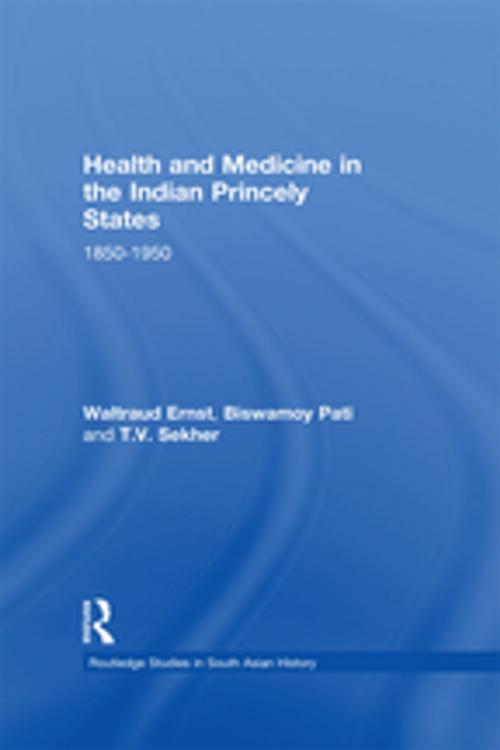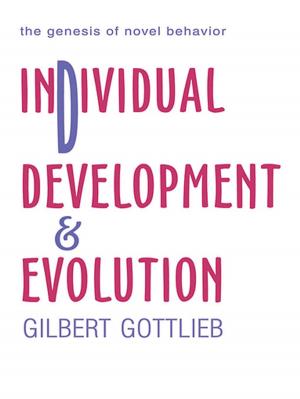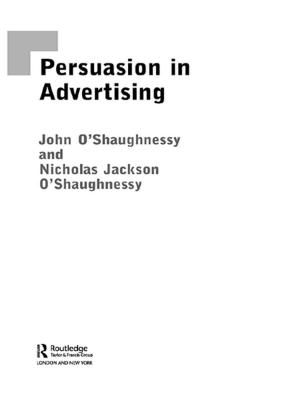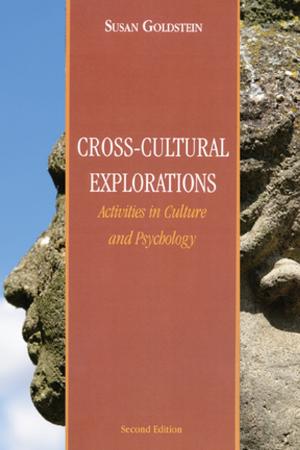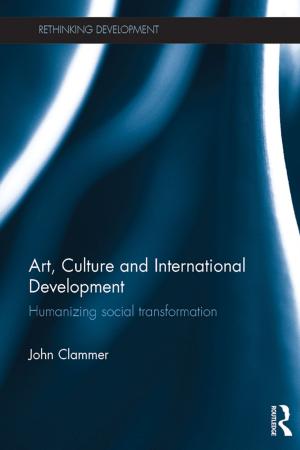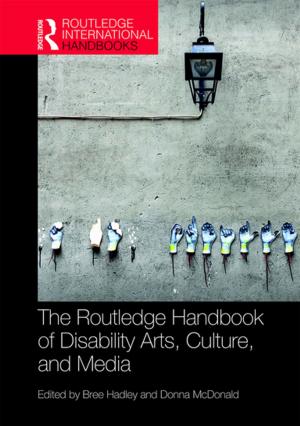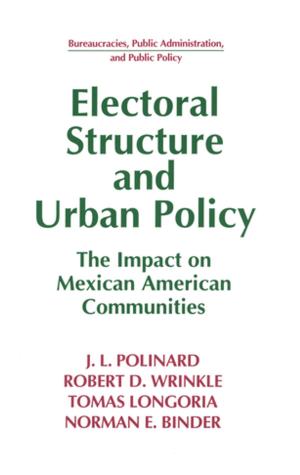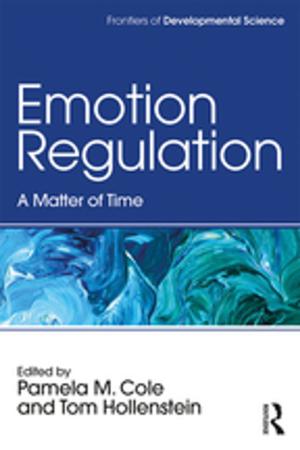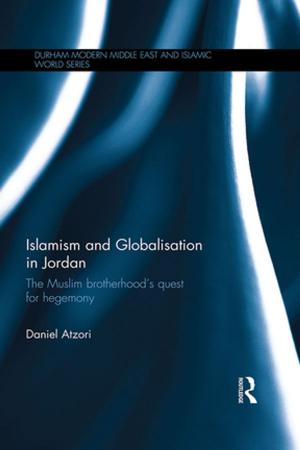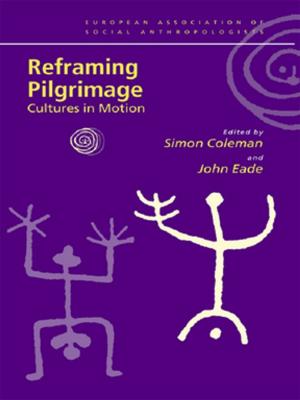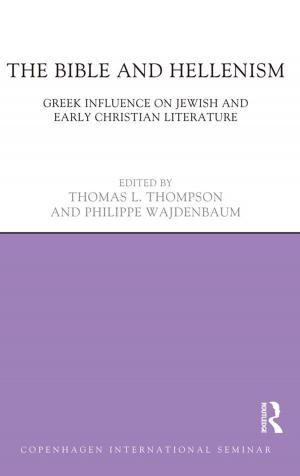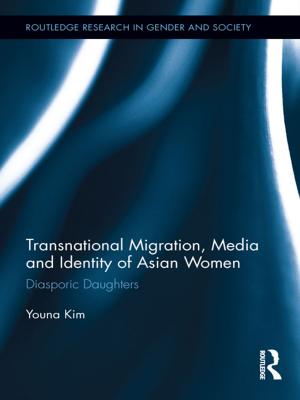Health and Medicine in the Indian Princely States
1850-1950
Nonfiction, History, Asian, India, Social & Cultural Studies, Social Science, Cultural Studies, Ethnic Studies| Author: | Biswamoy Pati, Waltraud Ernst, T.V. Sekher | ISBN: | 9781351678421 |
| Publisher: | Taylor and Francis | Publication: | July 14, 2017 |
| Imprint: | Routledge | Language: | English |
| Author: | Biswamoy Pati, Waltraud Ernst, T.V. Sekher |
| ISBN: | 9781351678421 |
| Publisher: | Taylor and Francis |
| Publication: | July 14, 2017 |
| Imprint: | Routledge |
| Language: | English |
Since the 1980s there has been a continual engagement with the history and the place of western medicine in colonial settings and non-western societies. In relation to South Asia, research on the role of medicine has focussed primarily on regions under direct British administration. This book looks at the ‘princely states’ that made up about two fifths of the subcontinent. Two comparatively large states, Mysore and Travancore – usually considered as ‘progressive’ and ‘enlightened’ – and some of the princely states of Orissa – often described as ‘backward’ and ‘despotic’ – have been selected for analysis. The authors map developments in public health and psychiatry, the emergence of specialised medical institutions, the influence of western medicine on indigenous medical communities and their patients and the interaction between them.
Exploring contentious issues currently debated in the existing scholarship on medicine in British India and other colonies, this book covers the ‘indigenisation’ of health services; the inter-relationship of colonial and indigenous paradigms of medical practice; the impact of specific political and administrative events and changes on health policies. The book also analyses British medical policies and the Indian reactions and initiatives they evoked in different Indian states. It offers new insights into the interplay of local adaptations with global exchanges between different national schools of thought in the formation of what is often vaguely, and all too simply, referred to as 'western' or 'colonial' medicine.
A pioneering study of health and medicine in the princely states of India, it provides a balanced appraisal of the role of medicine during the colonial era. It will be of interest to students and academics studying South Asian and imperial and commonwealth history; the history of medicine; the sociology of health and healing; and medical anthropology, social policy, public health, and international politics.
Since the 1980s there has been a continual engagement with the history and the place of western medicine in colonial settings and non-western societies. In relation to South Asia, research on the role of medicine has focussed primarily on regions under direct British administration. This book looks at the ‘princely states’ that made up about two fifths of the subcontinent. Two comparatively large states, Mysore and Travancore – usually considered as ‘progressive’ and ‘enlightened’ – and some of the princely states of Orissa – often described as ‘backward’ and ‘despotic’ – have been selected for analysis. The authors map developments in public health and psychiatry, the emergence of specialised medical institutions, the influence of western medicine on indigenous medical communities and their patients and the interaction between them.
Exploring contentious issues currently debated in the existing scholarship on medicine in British India and other colonies, this book covers the ‘indigenisation’ of health services; the inter-relationship of colonial and indigenous paradigms of medical practice; the impact of specific political and administrative events and changes on health policies. The book also analyses British medical policies and the Indian reactions and initiatives they evoked in different Indian states. It offers new insights into the interplay of local adaptations with global exchanges between different national schools of thought in the formation of what is often vaguely, and all too simply, referred to as 'western' or 'colonial' medicine.
A pioneering study of health and medicine in the princely states of India, it provides a balanced appraisal of the role of medicine during the colonial era. It will be of interest to students and academics studying South Asian and imperial and commonwealth history; the history of medicine; the sociology of health and healing; and medical anthropology, social policy, public health, and international politics.
